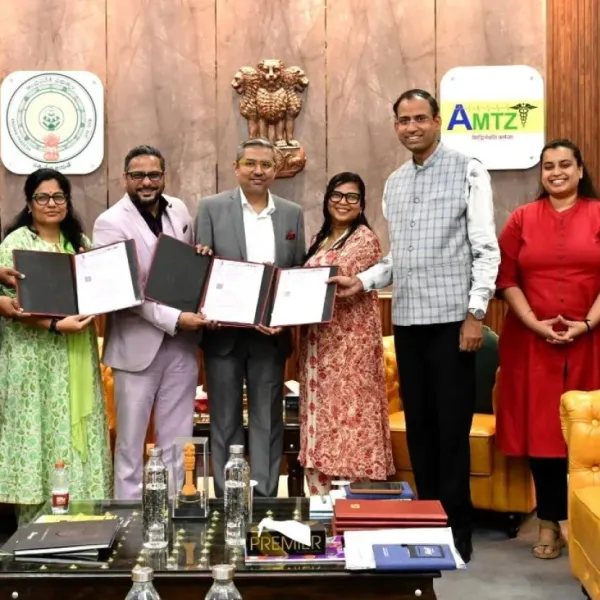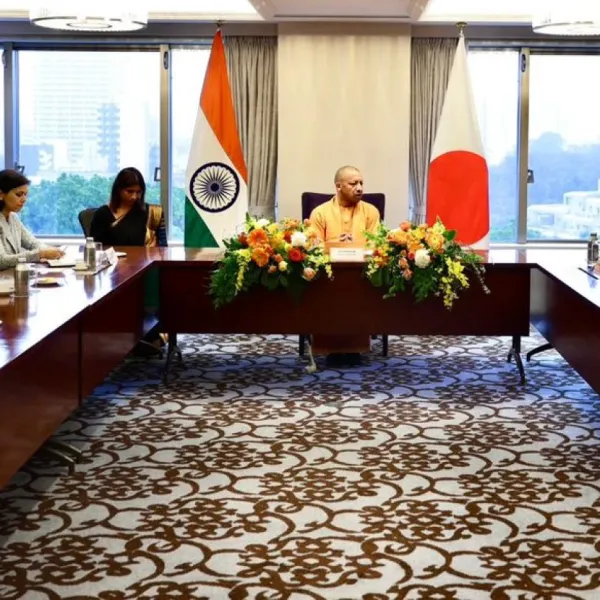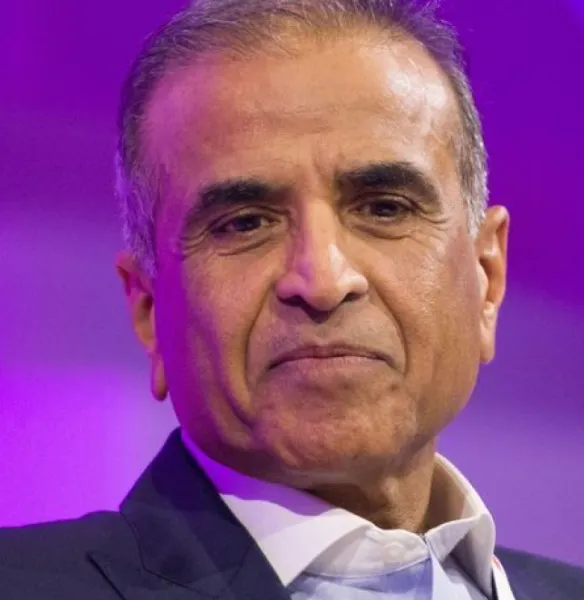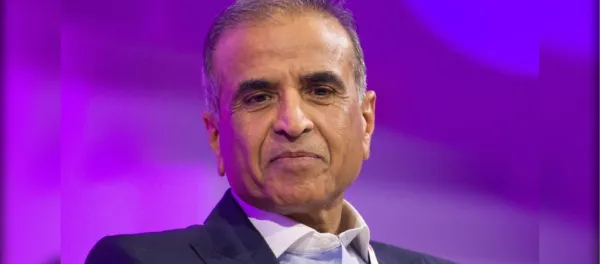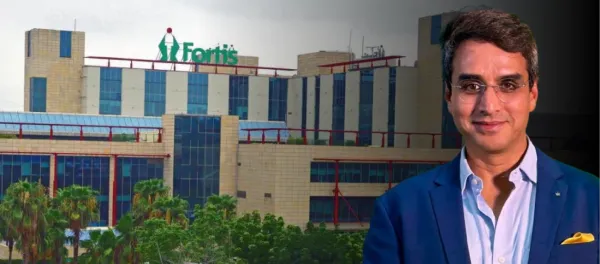IRDAI Removes Health Insurance Age Limits Offering Big Relief to Senior Citizens

The insurance regulator stated that all pre-existing conditions should be covered after 36 months, irrespective of whether the policyholder initially disclosed them or not.
In a significant development, The Insurance Regulatory and Development Authority of India (IRDAI) has removed the age cap on purchasing health insurance policies.
Previously, individuals could only buy new health insurance policies until they reached 65 years of age. However, with the recent modifications effective from April 01, 2024, there is no age barrier, and anyone can purchase a new health insurance policy, irrespective of their age.
"Insurers shall ensure that they offer health insurance products to cater to all age groups. Insurers may design products specifically for senior citizens, students, children, maternity, and any other group as specified by the Competent Authority." IRDAI’s notification stated.
IRDAI’s latest move is aimed at bringing in extended health benefits to the elderly by creating a more inclusive healthcare ecosystem in India.
Key Points from IRDAI’s New Directive
IRDAI is an autonomous and statutory body responsible for managing and regulating the insurance and reinsurance industry in India.
Per its latest directive, the insurance regulatory body has directed health insurance providers to devise policies tailored to specific demographics, such as senior citizens, and to establish dedicated channels for addressing their claims and grievances
Following the recent announcement, the insurers are now also prohibited from refusing to issue policies to individuals with severe medical conditions such as cancer, heart or renal failure, and AIDS.
The insurance regulator stated that all pre-existing conditions should be covered after 36 months, irrespective of whether the policyholder initially disclosed them or not.
Moreover, it prohibited insurance companies from introducing indemnity-based health policies, which provide compensation for hospital expenses. They are only allowed to offer benefit-based policies, which provide fixed costs upon the diagnosis of a covered disease.
Talking about claims settlement and grievances, the IRDAI directive mandates health insurance providers to develop specialized policies catering to senior citizens.
Companies are also encouraged to develop tailored products to meet specific age-related requirements, fostering a more inclusive healthcare ecosystem.
This initiative, according to IRDAI, will enhance the accessibility and affordability of healthcare coverage across all age groups.
Understanding its Potential Impact
Previously, only individuals up to 65 years old were eligible for insurance, leaving senior citizens, who often need healthcare the most, without coverage.
Now, with the removal of this restriction, even the elderly can access cashless insurance benefits, though premiums for this section may be higher.
Speaking about the decision, Aashish Chaudhry, MD, Aakash Healthcare, said, “This change will greatly benefit those in need of medical insurance, including children, maternity cases, and senior citizens, ensuring a healthier life for many. It’s a welcome move, serving the public interest and promoting the longevity and well-being of our citizens, while also advancing comprehensive insurance coverage.”
As of 2021, there were nearly 138 million elderly persons in India. By 2050, the share of senior citizens, aged 60 years and above, is expected to rise to 20.8% of the population, which is close to 347 million.
Given these statistics, a large number of senior citizens could potentially benefit from the IRDAI’s decision to remove the age limit on health insurance policies.
This move could provide them with better access to healthcare services and financial protection against high medical costs.
Stay tuned for more such updates on Digital Health News







